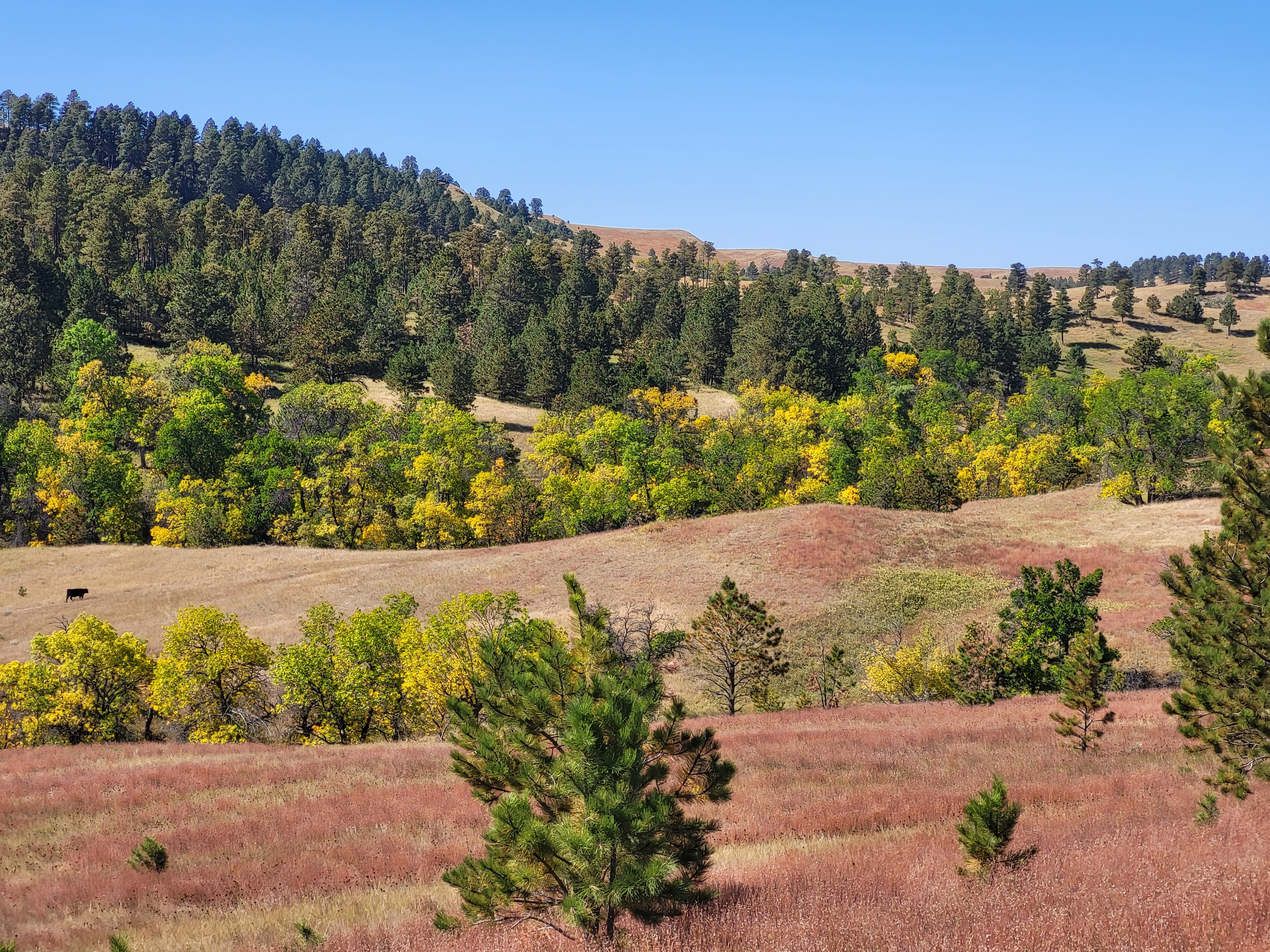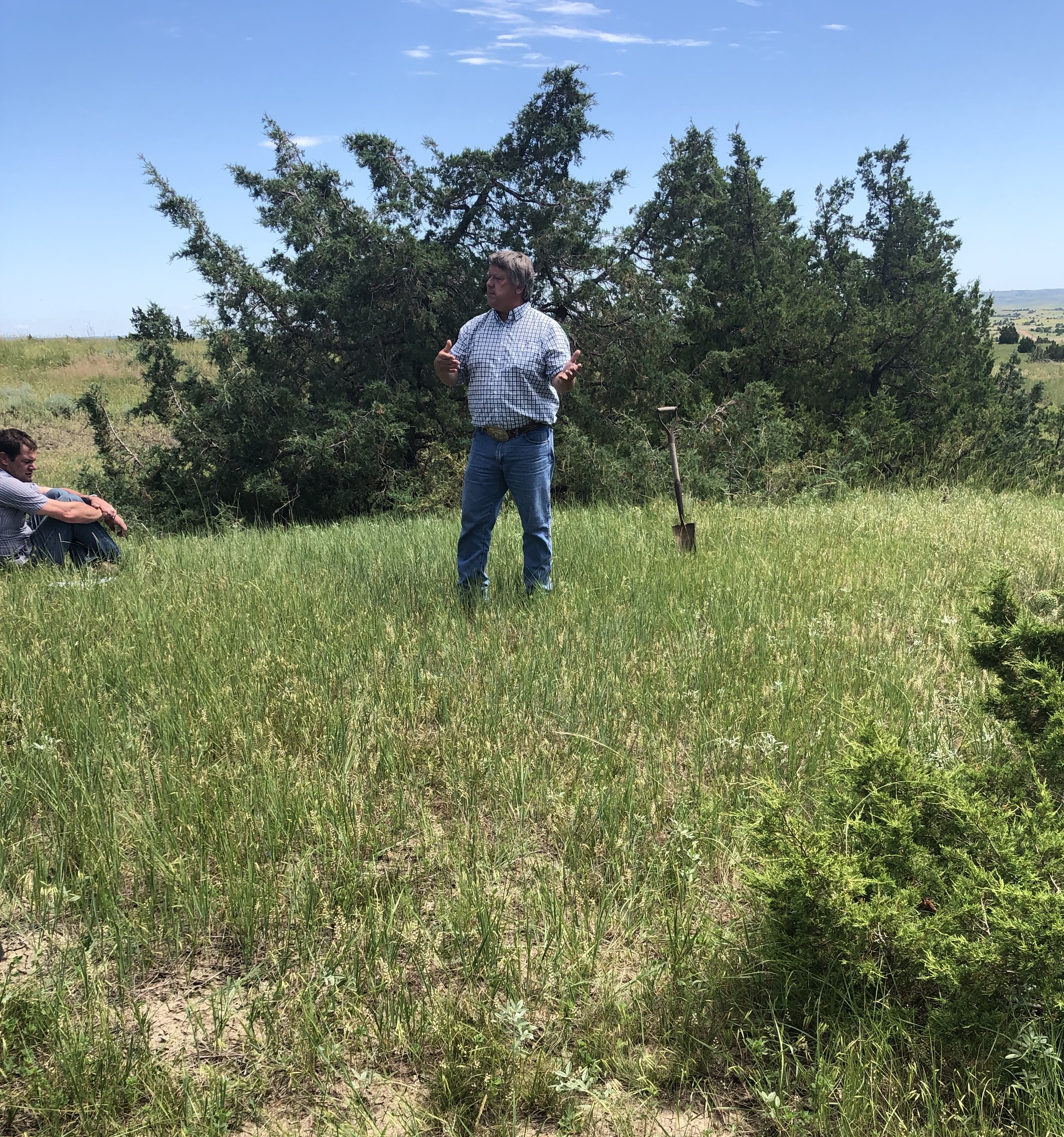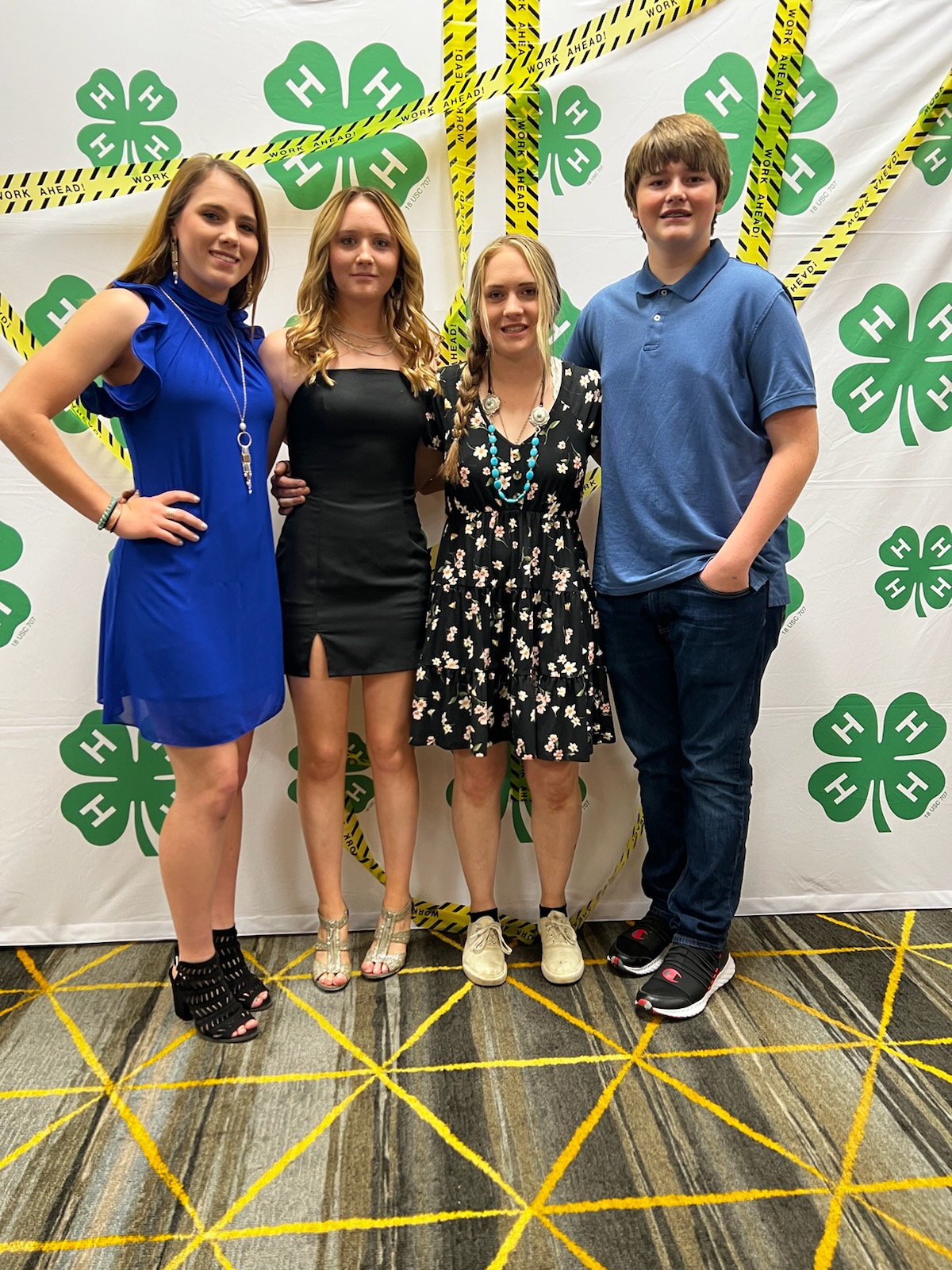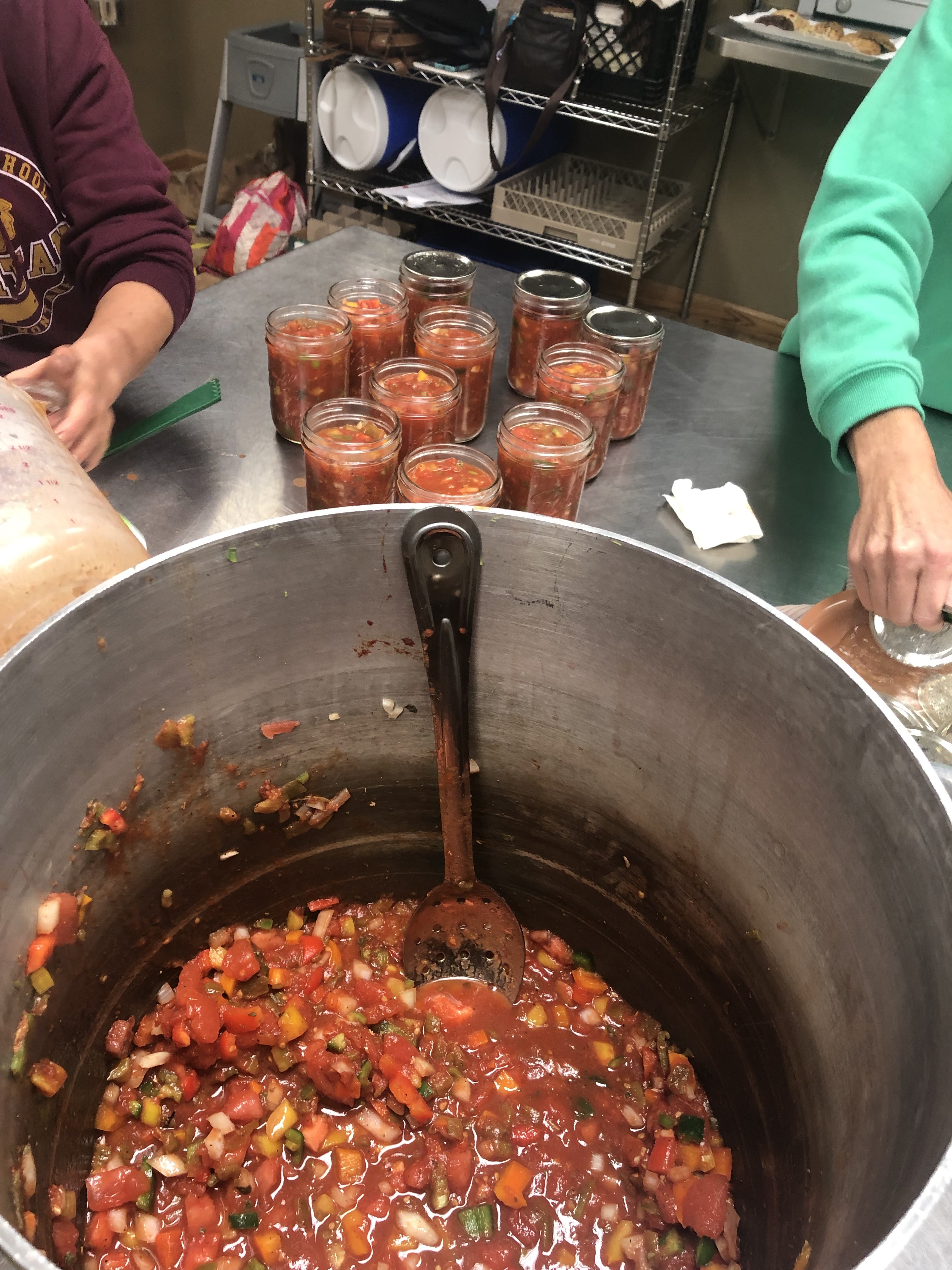
Fallon-Carter Counties
Welcome to Fallon and Carter Counties
Published: 2022By Amanda Williams
Assistance and Education with Pest Management
Published: 2022By Amanda Williams
Fallon and Carter Counties MSU Extension, in conjunction with the Fallon and Carter County Weed Coordinators, hosted Spray Days in February. This informative program focused on herbicides and how they work, range and pasture control of weeds, weed management after drought, and prairie dog management. The 23 attendees in Ekalaka and 38 attendees in Baker received license renewal credits.
In July, Fallon, Prairie, and Wibaux counties hosted the Tri-County Weed Tour and Ekalaka Range Tour. Speakers focused on rangeland and wildfire, range recovery following drought, and rangeland invasive weed management. The Ekalaka Range Tour, with the Carter County NRCS and Conservation District, invited Jerry Doan to speak about his personal experience with a multigenerational operation and regenerative agriculture. The Ekalaka Range Tour was along Sheep Mountain Road at three producers’ places. Participants came and went during the day, with 37 total participants. The Tri-County Weed Tour had 27 participants who visited a producer’s property that burned last year.
Learning to Lead
Published: 2022By Kodie Olsen
From Gardening to Canning
Published: 2022By Amanda Williams





